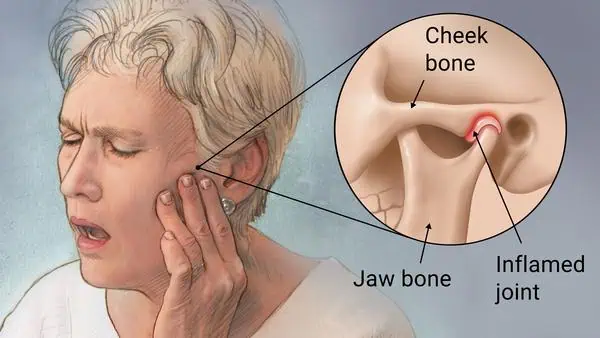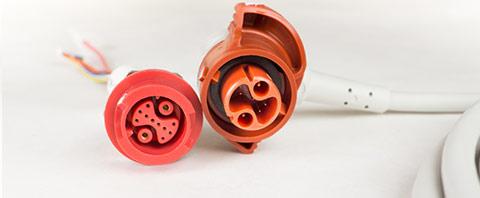An Overview of TMJ Treatment Options in Singapore

Temporomandibular joint (TMJ) disorders affect the joints that connect the jaw to the skull, causing pain, stiffness, and restricted movement. These disorders are often accompanied by symptoms such as jaw clicking, headaches, earaches, and facial discomfort. With the prevalence of TMJ issues on the rise, understanding the treatment options available in Singapore is essential for patients seeking relief and long-term solutions. Consulting tmj treatment singapore specialists ensures access to professional care tailored to individual needs.
TMJ disorders can arise from various factors, including teeth grinding, jaw injuries, arthritis, and poor bite alignment. Identifying the underlying cause is critical in choosing the most effective treatment approach. Singapore offers a range of therapeutic and clinical options, combining modern dental technology with personalized care plans to manage and alleviate TMJ symptoms.
Common Non-Surgical Treatment Approaches
For mild to moderate TMJ disorders, non-surgical treatments are often the first line of management. These approaches focus on relieving pain, reducing inflammation, and improving jaw function. Key non-surgical treatments include:
- Medications: Over-the-counter pain relievers, anti-inflammatory drugs, or prescribed muscle relaxants can help manage discomfort and muscle tension around the jaw.
- Dental Appliances: Mouthguards or splints are commonly used to prevent teeth grinding, alleviate stress on the jaw joint, and support proper bite alignment.
- Physical Therapy: Guided jaw exercises, stretching techniques, and massage therapy can strengthen jaw muscles, enhance mobility, and reduce pain.
- Lifestyle Modifications: Avoiding hard or chewy foods, practicing relaxation techniques, and maintaining proper posture can reduce strain on the TMJ and prevent symptom aggravation.
These conservative treatments are typically effective for most patients and are often recommended before considering more invasive procedures.
Minimally Invasive TMJ Treatments
In cases where non-surgical methods are insufficient, minimally invasive procedures may be considered. These treatments are designed to target the joint directly, providing relief without major surgery:
- Corticosteroid Injections: Administered directly into the joint, these injections reduce inflammation and alleviate pain for patients with severe TMJ discomfort.
- Arthrocentesis: A procedure that involves flushing the joint with a sterile solution to remove debris, reduce inflammation, and restore movement.
- Botox Therapy: In some cases, Botox injections can help relax jaw muscles, particularly for patients suffering from chronic clenching or muscle spasms.
These interventions are typically performed by trained specialists and are often combined with ongoing conservative care for optimal results.
Surgical Treatment Options
Surgery is considered a last resort and is usually recommended for patients with severe TMJ disorders that do not respond to other treatments. Surgical procedures may include:
- Arthroscopy: A minimally invasive procedure using a small camera to examine and treat joint problems.
- Open-Joint Surgery: Involves repairing or replacing damaged components of the TMJ. This approach is reserved for significant joint degeneration or structural issues.
Although surgical options carry inherent risks, they can provide substantial relief for patients suffering from persistent pain or functional limitations.
Preventive Measures and Self-Care
Even with professional treatment, adopting preventive measures can help manage TMJ symptoms and reduce the risk of recurrence:
- Limit excessive chewing of gum or tough foods
- Practice stress management techniques to prevent jaw clenching
- Maintain good posture during daily activities
- Wear a nightguard if prone to teeth grinding
- Attend regular dental check-ups to monitor jaw and teeth alignment
Incorporating these habits into daily life complements professional treatment and supports long-term jaw health.
Choosing the Right TMJ Specialist in Singapore
Selecting a qualified TMJ specialist is crucial for accurate diagnosis and effective treatment. Look for professionals with expertise in diagnosing complex jaw disorders, access to advanced imaging technologies, and experience in both conservative and surgical interventions. Singapore offers a range of dental clinics and TMJ-focused practices, ensuring that patients receive comprehensive care tailored to their specific needs.
Conclusion
TMJ disorders can significantly impact daily life, but a wide range of treatment options in Singapore provides effective solutions. From non-surgical therapies and minimally invasive procedures to surgical interventions, patients can find relief and restore normal jaw function. Consulting tmj treatment singapore specialists ensures access to professional care, accurate diagnosis, and personalized treatment plans. With early intervention and preventive practices, individuals suffering from TMJ disorders can achieve lasting relief and improved quality of life.






